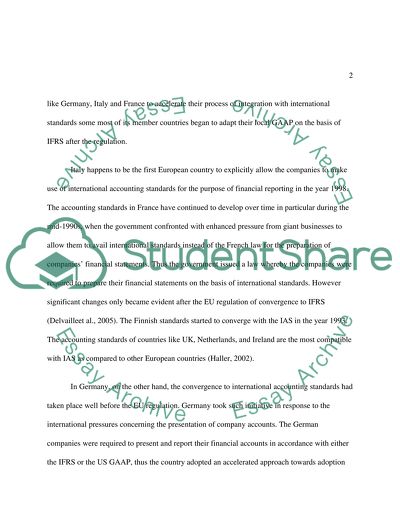Cite this document
(“Global accounting standards Essay Example | Topics and Well Written Essays - 2000 words”, n.d.)
Global accounting standards Essay Example | Topics and Well Written Essays - 2000 words. Retrieved from https://studentshare.org/finance-accounting/1526068-global-accounting-standards
Global accounting standards Essay Example | Topics and Well Written Essays - 2000 words. Retrieved from https://studentshare.org/finance-accounting/1526068-global-accounting-standards
(Global Accounting Standards Essay Example | Topics and Well Written Essays - 2000 Words)
Global Accounting Standards Essay Example | Topics and Well Written Essays - 2000 Words. https://studentshare.org/finance-accounting/1526068-global-accounting-standards.
Global Accounting Standards Essay Example | Topics and Well Written Essays - 2000 Words. https://studentshare.org/finance-accounting/1526068-global-accounting-standards.
“Global Accounting Standards Essay Example | Topics and Well Written Essays - 2000 Words”, n.d. https://studentshare.org/finance-accounting/1526068-global-accounting-standards.


